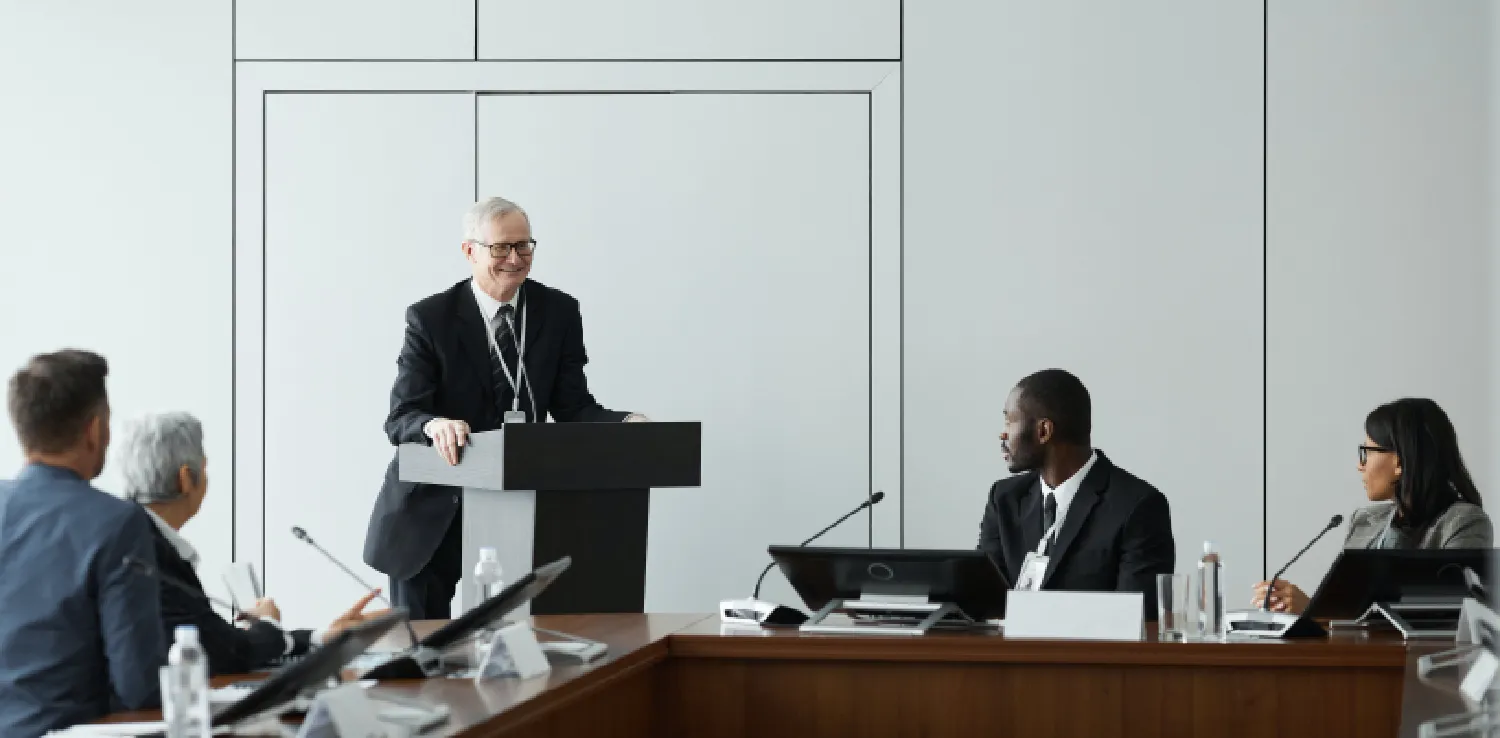Looking into Women’s Participation in Politics

Photo: wavebreakmedia_micro on Freepik
Women’s participation in politics and leadership positions is essential for sustainable development. The SDG Target 5.5 aims to “ensure women’s full and effective participation and equal opportunities for leadership at all levels of decision-making in political, economic, and public life.” Then, what is the current state of women’s participation in politics?
Data on Women’s Participation in Politics
Women are still largely underrepresented in political settings. In 2023, the UN Women published the “Women in politics: 2023” map, presenting data for women in executive positions and national parliaments as of January 1, 2023. Overall, the map indicates increased women’s participation in politics at various levels, including states, governments, and parliaments, although the numbers are still small.
For instance, 17 out of 151 countries (11.3%) have women as heads of state, while 18 out of 193 countries (9.8%) have women as heads of government. The numbers show an increase from a decade ago, when the figures were 5.3% and 7.3%, respectively.
The map further indicates that women represent only 22.8% of ministerial positions globally. Europe and North America have the highest share of women in ministerial positions (31.6%), while Central & South Asia (10.1%) and the Pacific Islands (8.1%) have the lowest shares. Women mainly work in the environment, public administration, education, gender equality, human rights, and social rights fields. Meanwhile, men dominate the economy, defense, justice, and interior fields.
The Challenges

Even though the importance of women’s participation in politics has been recognized in recent decades, the fact remains that there is still a parity gap. In a policy brief on women’s political participation and leadership in Asia and the Pacific, UNESCAP identified unequal care work, gender bias, and harassment as barriers to realizing women’s equal participation in politics.
Unpaid care work, such as cleaning, cooking, and child-rearing, are still largely seen as women’s responsibilities. Consequently, women often bear the double burden when this unpaid care work is combined with their paid work, including in political settings.
Furthermore, gender bias also translates into the public’s perception of political leaders. UNDP’s 2023 Gender Social Norms Index shared that over half of people’s gender bias in politics revolves around the notion that men make better political leaders than women. Additionally, the report also found that women’s presence in parliament is higher in countries with lower biases in gender social norms.
Women who participate in political settings are also prone to violence and harassment. According to a 2016 report by the Inter-Parliamentary Union, 82% of 55 women parliamentarians from 39 countries reported having experienced harassment in the form of psychological violence, remarks, gestures, inappropriate images, and threats.
Bridging the Gap
Women are an indispensable part of the global efforts for peacebuilding and advancing inclusivity. Supporting women’s participation in politics has become crucial in ensuring more voices are heard at every level of government, from local to international.
To support this, there must be a systematic shift in political parties and government bodies centered on gender equality, equity, and inclusivity. For instance, countries could introduce regulations that reserve seats for women. It is also critical to create an enabling environment for women to safely thrive in their political careers through capacity-building programs, leadership training, and strict non-discrimination policy and enforcement. Ultimately, advancing women’s participation in politics is necessary to realize a world where no one is left behind.
Editor: Nazalea Kusuma


 Impacts of E-waste Pollution on Animals and Human Health
Impacts of E-waste Pollution on Animals and Human Health  Africa’s Solar Energy Surge: Why 2025 Was a Breakthrough Year
Africa’s Solar Energy Surge: Why 2025 Was a Breakthrough Year  Agrihoods: Integrating Farms and Urban Neighborhoods into Sustainable Communities
Agrihoods: Integrating Farms and Urban Neighborhoods into Sustainable Communities  Women in Waste Management: Asia’s Circularity Runs on Women. Its Policies Still Don’t
Women in Waste Management: Asia’s Circularity Runs on Women. Its Policies Still Don’t  Embracing the Business Value of Sustainability
Embracing the Business Value of Sustainability  American Farmers Call for Government Support Amidst PFAS Contamination
American Farmers Call for Government Support Amidst PFAS Contamination